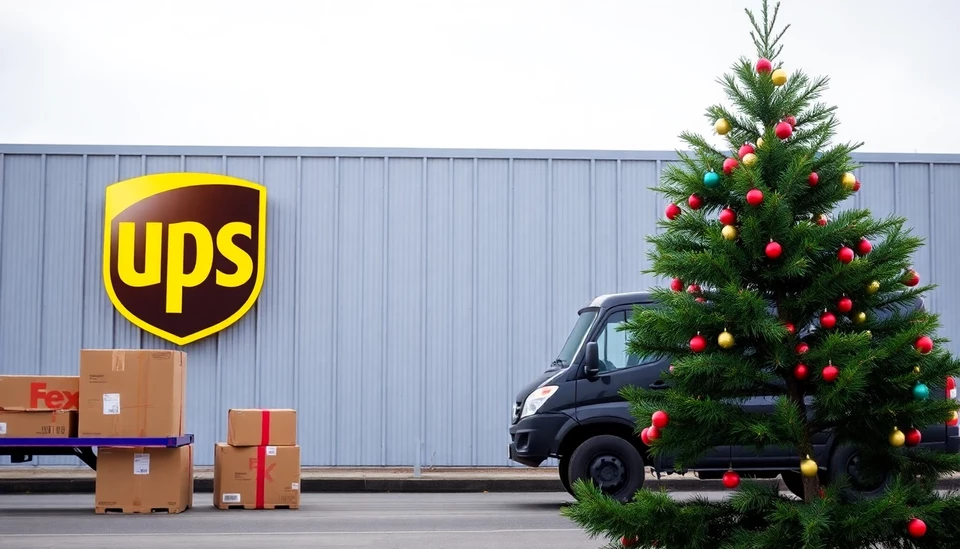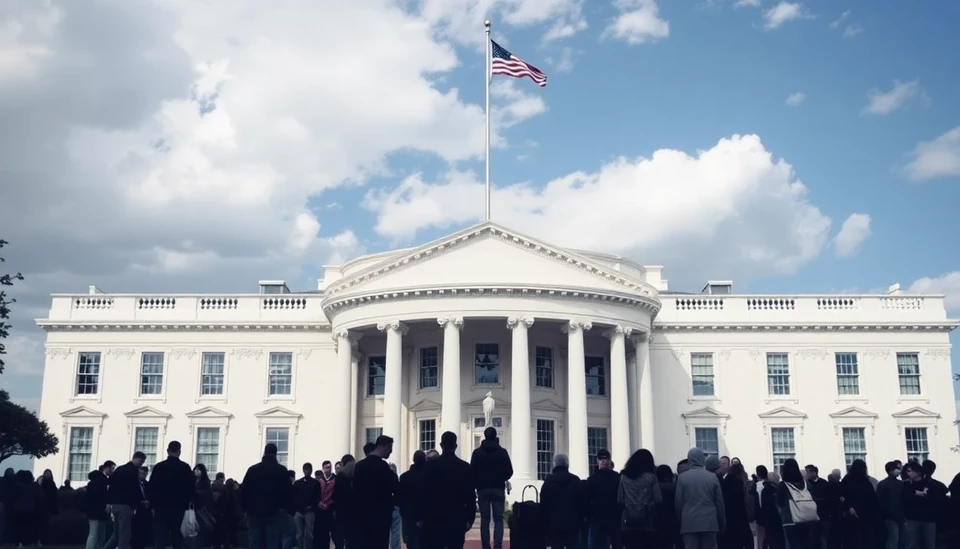
In a strategic move aimed at addressing the surging demand for holiday shipping and the ongoing challenges within the logistics industry, both UPS and FedEx have decided to extend the time frame in which they will impose additional fees for holiday delivery services in 2024. This decision reflects a shared understanding of the pressures faced by consumers and businesses alike during the bustling festive season.
Traditionally, shipping companies have relied on holiday surcharges as a mechanism to manage peak demand periods. However, with the rise of e-commerce and changing consumer behaviors, the logistics landscape is experiencing new challenges. UPS, a major player in the shipping industry, will implement these extended surcharges from November 2024 through January 2025. FedEx has announced similar plans, tightening their grip on holiday shipping by introducing these fees earlier and expanding their duration.
The holiday season has always seen an uptick in shipping volume, prompting carriers to adjust their rate structures. This year is no different, as both UPS and FedEx anticipate another record-breaking season in terms of volume. Last year's holiday shipping spikes caught many companies off guard, leading to delivery delays and customer dissatisfaction. By preemptively extending the surcharge window, both companies aim to better manage customer expectations and enhance operational efficiency.
Specifically, UPS's late fees will apply to packages shipped during this extended window, targeting deliveries that exceed anticipated volume metrics. This is an initiative designed to ensure that enough resources are allocated to handle increased shipping demands without compromising service quality. Similarly, FedEx plans to implement surcharges for residential deliveries and other specific services, covering all deliveries made from late November through mid-January 2025.
Customers are encouraged to familiarize themselves with these new surcharges, keeping in mind that early planning and understanding fee structures could mitigate some of the associated cost increases. Both companies have stressed the importance of preparation for consumers and small businesses that rely heavily on timely deliveries during this critical shopping period.
These changes underline a significant shift within the shipping industry as it adapts to post-pandemic realities, where online purchases have surged, and consumer expectations for quick deliveries remain high. UPS and FedEx are working to strike a balance between profitability and customer satisfaction, ensuring that they can meet demand without sacrificing service standards.
As holiday shopping season approaches, it is imperative for both retailers and consumers to keep these changes in mind to avoid surprises at the checkout. The logistics landscape is evolving, and those involved in the shipping and receiving of packages should stay informed to navigate these new fee structures effectively.
#UPS #FedEx #ShippingFees #HolidayShipping #EcommerceChallenges #Logistics #CustomerService #Delivery #BusinessNews
Author: Samuel Brooks




